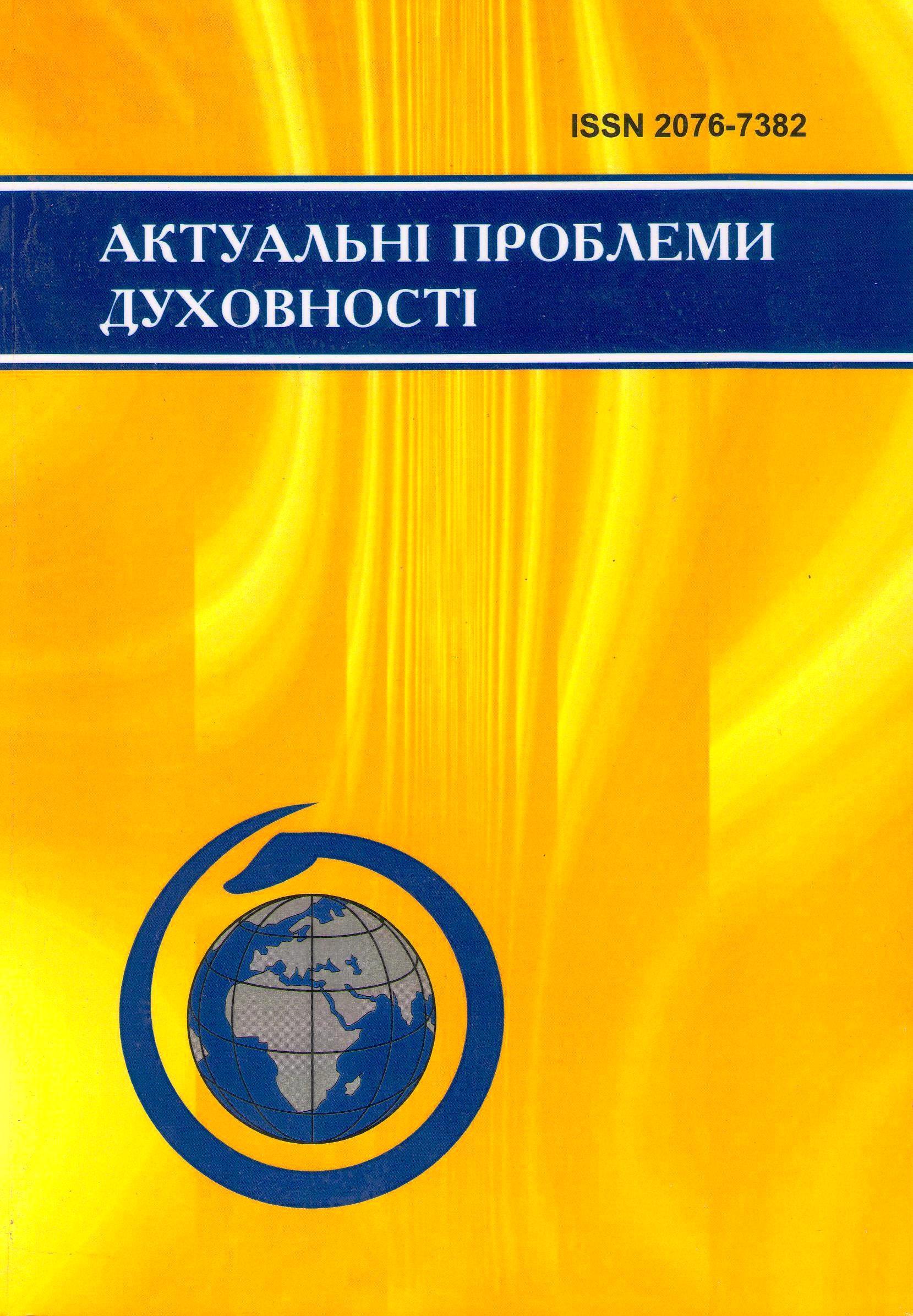«Life» and «Death». An Inquiry into Essential Meaning of These Phenomena
DOI:
https://doi.org/10.31812/apd.v0i22.4445Keywords:
meaning, life, death, possibility, phenomenology, logotherapy, Nagel, Williams, FranklAbstract
In this paper, I am dealing with the phenomena of «life» and «death». The questions that I attempt to answer are «What is life, and what is death?», «Is it bad to die?» and «Is there life after death?». The method that I am using in this paper is that of phenomenology. The latter I understand as an inquiry into meaning, that is, what makes this or that phenomenon as such. Thus, I am approaching the phenomena in question from the point of view of their meaning in the first place. I claim that ordinarily we constitute phenomena of «life» and «death» in a twofold way. When it comes to «life», one can specify «life-as-biological», and «life-as-a-possibility» senses. The former I understand as a cluster of biological processes that unfold in physical time. By «life-as-a-possibility», I understand a cluster of projects, potentials that depend on our subjectivity. I claim that we essentially perceive life-as-biological through life-as-a-possibility. When it comes to «death», I argue that we essentially constitute this phenomenon in a similar manner. On the one hand, we perceive «death» in the «death-as-biological/physical» sense which signifies the end of the organism’s biological processes. On the other hand, we constitute «death» as the «existential/practical death»/«death-of-possibility». By that I mean an annihilation of all possibilities, and projects. In short, it is a situation when one’s life suddenly loses all its meaning and value: death of meaning. I argue that what constitutes the significance of «death-as-biological» for us is what I call the «existential/practical death» or «death-of-possibility». I use the phenomena of mourning and suicide to illustrate my point better. Reflecting on whether it is bad to die, I claim that if we accept the hypotheses I am defending in the paper, it appears that death is bad because it entails the loss of all possibilities. I also want to show that people’s desire for immortality is in fact reasonable, because the more one lives, the more possibilities one is able to realize. In other words, people’s desire for immortality is grounded in the essential understanding of the phenomenon of «life» as a possibility. Reflecting on whether there is life after death, my answer is twofold. Since there is no scientific evidence of life after physical/biological death, I think there is no reason to believe in such as well. But when it comes to the question whether there is life after the existential/practical death, my answer is positive: «Yes, there is!» I try to show that it is always possible to find the meaning of life even in the light of the most terrible events. In this sense, there is always a light at the end of the tunnel.
Downloads
Metrics
References
Allan D.G. Do what you love and live longer, the Japanese ikigai philosophy says. CNN Health. 2018. https://www.cnn.com/2018/11/12/health/ikigai-longevity-happiness-living-to-100-wisdom-project/index.html
Frankl V. Man’s Search for Meaning. An Introduction to Logotherapy. Touchstone. 1984.
Gupta S. The Land of Immortals: How and what Japan’s oldest population eats. CNN Health. 2019. https://www.cnn.com/2019/04/05/health/japan-okinawa-food-diet-hara-hachi-bu-chasing-life-gupta
Heidegger M. Being and Time. Harper & Row. 1962.
Luper S. Death. Stanford Encyclopedia of Philosophy. 2019. https://plato.stanford.edu/entries/death/#Dea
Nagel T. Death. Noûs. 1970. Vol. 4, No. 1. P. 73-80.
Nagel T. What is It like to be a bat? The Philosophical Review. 1974. Vol. 83, No. 4. P. 435-450.
Willcox C. et al. Aging gracefully: a retrospective analysis of functional status in Okinawan centenarians. The American Journal of Geriatric Psychiatry. 2007. Volume 15, Issue 3, P. 252-256. https://www.sciencedirect.com/science/article/abs/pii/S1064748112604424?via%3Dihub
Williams B. The Makropulos case: reflections on the tedium of immortality. Problems of the Self. Philosophical Papers 1956–1972. Cambridge University Press. 1973. P. 82-100.
Whitney C.R. Jeanne Calment, World’s Elder, Dies at 122. 1997. The New York Times. https://www.nytimes.com/1997/08/05/world/jeanne-calment-world-s-elder-dies-at-122.html
Downloads
Published
How to Cite
Issue
Section
License
Copyright (c) 2021 Andrii Leonov

This work is licensed under a Creative Commons Attribution 4.0 International License.










